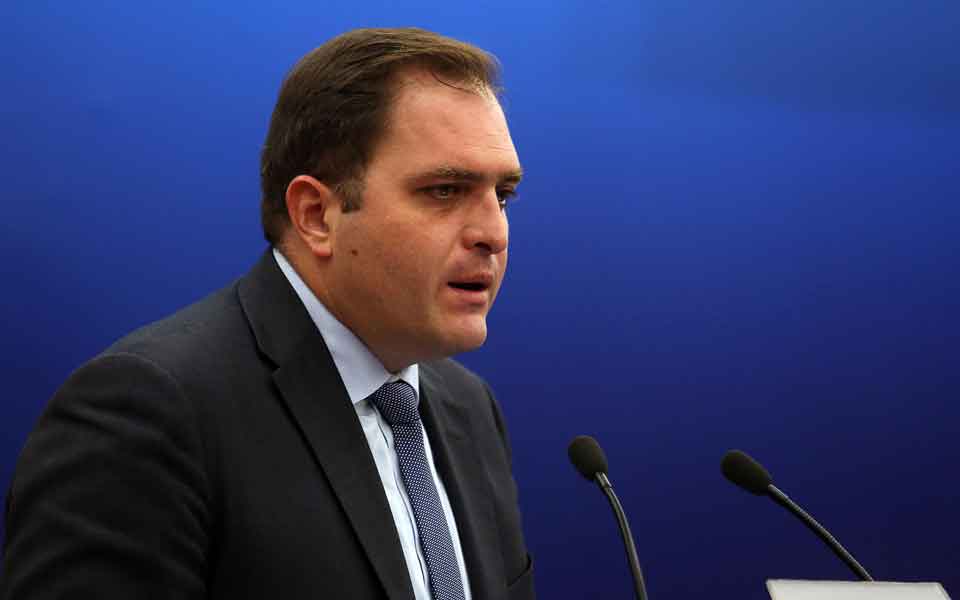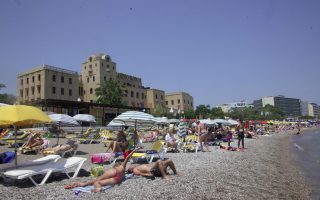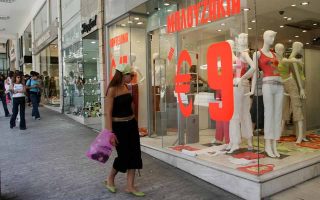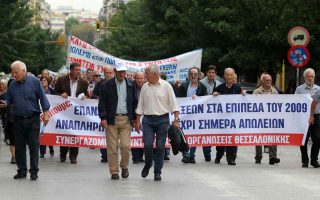Hotels warned to come clean on revenue declaration after discrepancies identified

General secretary for public revenue Giorgos Pitsilis warned hotel enterprises on Wednesday to declare their real revenues because his agency already has a clear picture of each enterprise’s turnover. Among a multitude of findings, including revenue discrepancies of up to 4.5 million euros, the state’s new mechanism for monitoring tourism accommodation discovered hotel units that had an occupancy rate of 95 percent in July had declared no earnings during that month.
The new type of checks applied for the first time by the general secretariat revealed huge differences between the revenues declared by hotels and room rental enterprises and those calculated by inspectors via indirect means.
Pitsilis told a press conference that in the next few days the data for the months of August and September concerning the 2,123 accommodation units monitored will also become available, sending a message to those active in the tourism sector to submit their value-added tax declarations correctly or even to file supplementary declarations if required by Monday, October 31.
The Tourism Ministry gave the secretariat a list of all accommodation units early in the summer. After cross-checking the list with the secretariat’s register, a sample of 2,123 units was selected, including 1,548 hotels and 578 room rental businesses.
Based on the monthly submission of VAT declarations of 901 hotels included in the sample (with three stars or more), the inspectors started calculating their occupancy rates and how much they charged per room. They also collected data from travel websites booking.com and trivago.com and the hotels’ own websites, as well as by making phone calls to the hotels posing as potential guests asking about rooms and their prices. This way they managed to record average prices per room and occupancy rates. Cross-checking led to the conclusion that there were 525 major discrepancies among the 901 hotels that required further inspections.
The new monitoring process will now expand to hotels operating mainly during winter, to home rentals via Airbnb, as well as to food service enterprises (restaurants, bars, cafes etc).





